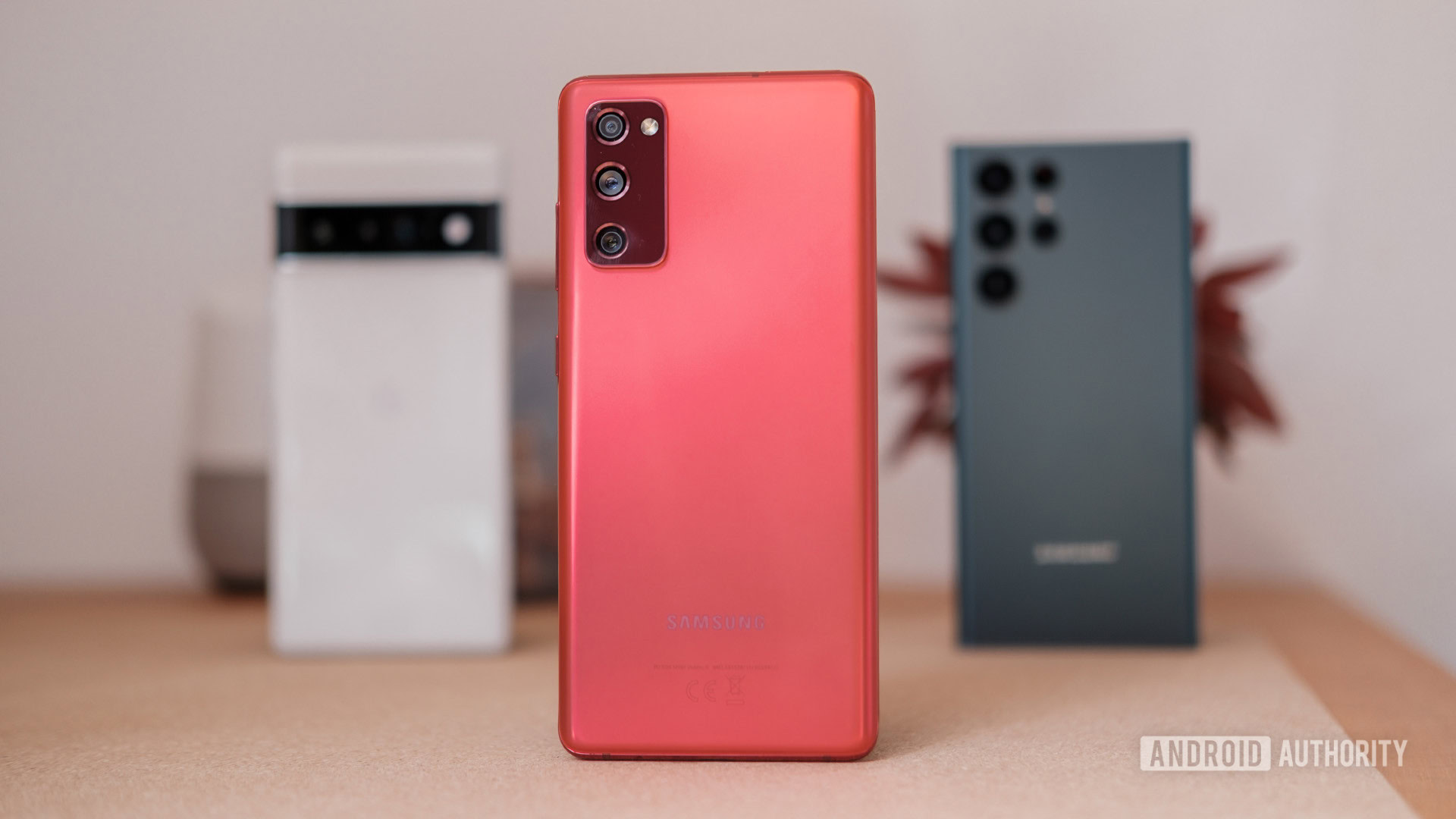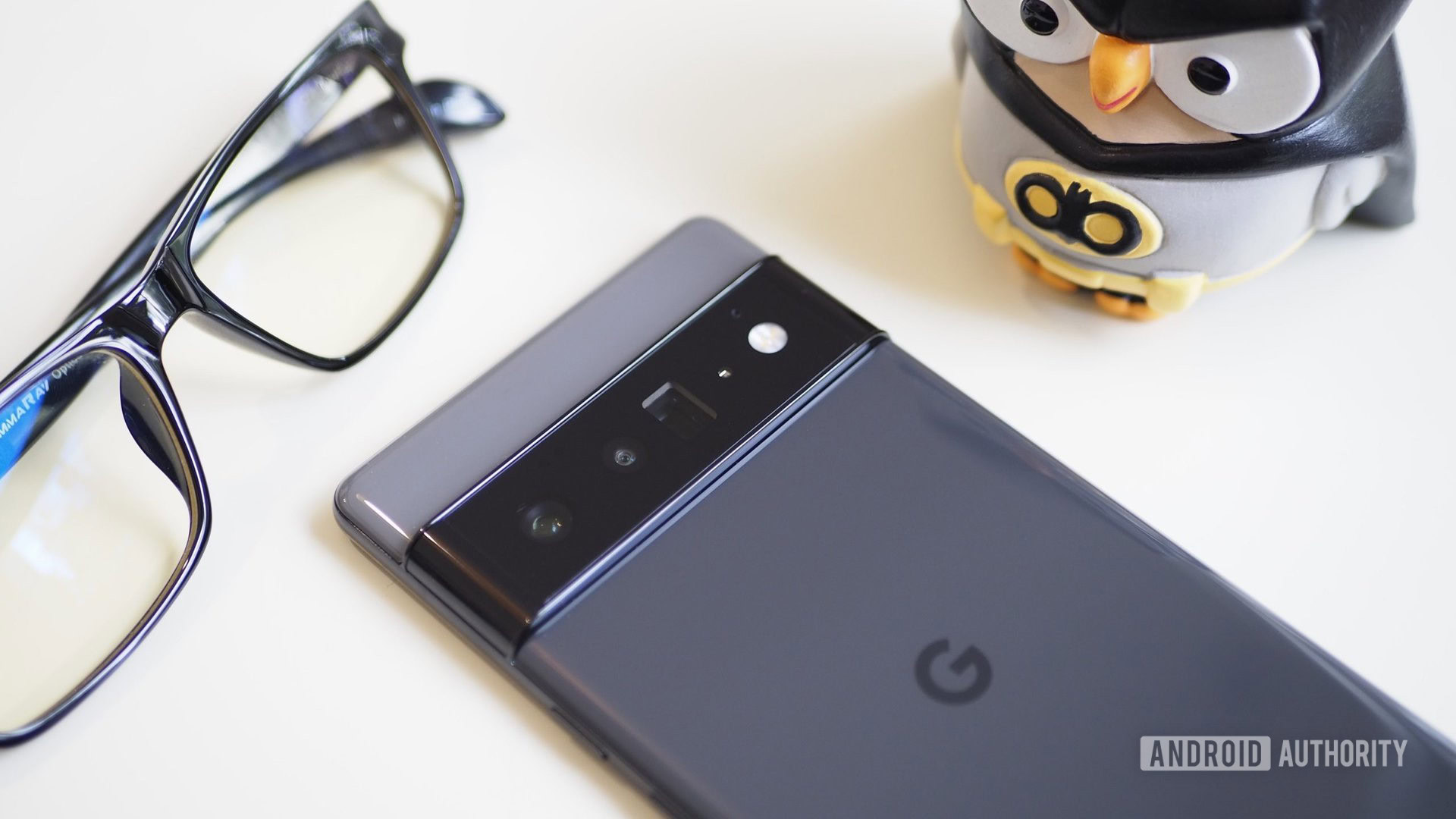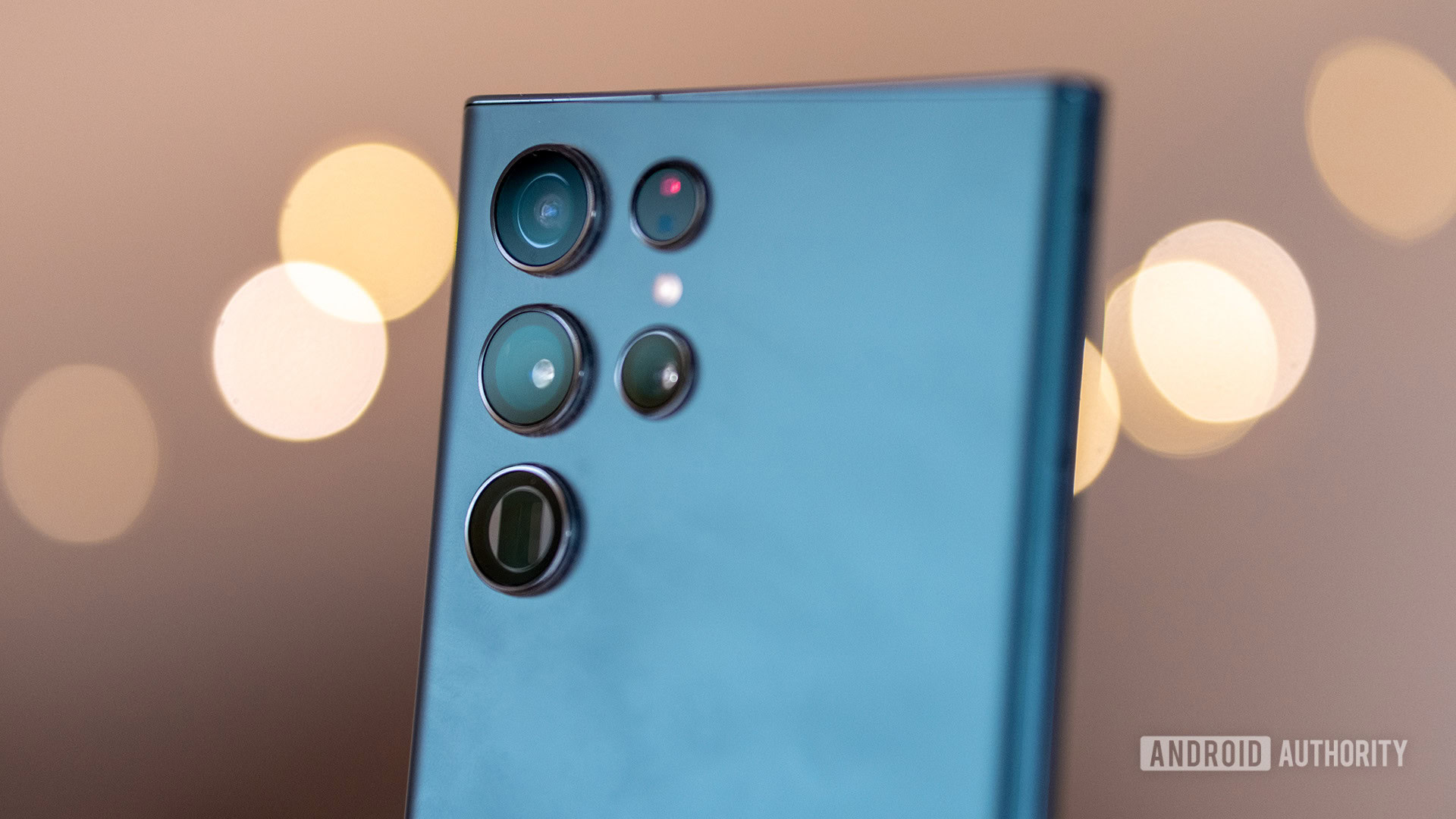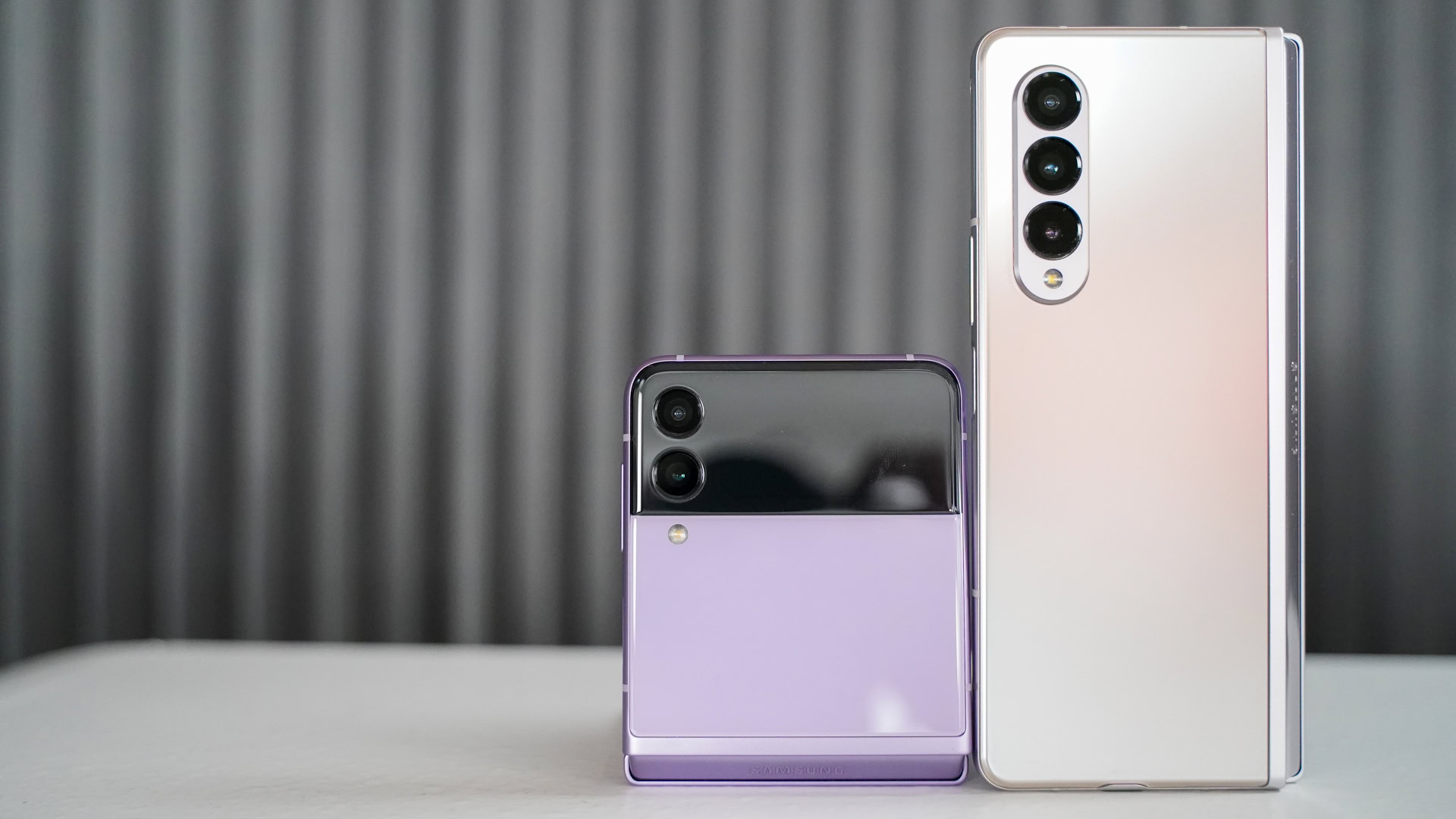Affiliate links on Android Authority may earn us a commission. Learn more.
I love my Pixels, but I always recommend Samsung phones to people I know
August 8, 2022

Over the last five years, almost every time someone has asked me which phone I’m using as my daily driver, my answer has been the same: “It’s a Pixel. It’s a phone made by Google because, yes, Google makes phones too.” But every time someone has asked me for a phone recommendation, my answer has been completely different and unequivocal: Samsung.
There shouldn’t be such a huge disconnect between the products we love and the products we recommend to others. However, despite extolling the virtues of the Pixel lineup and its cameras for years, I couldn’t in good conscience bring myself to recommend it to most people. Samsung on the other hand? Easy, no-second-thought endorsement. There’s a rhyme and many reasons behind this logic, so allow me to explain.
Do you usually recommend a specific brand to your circle of relatives and friends?
I’m a Pixel fan, but I don’t push it on others

Although Google has aimed to differentiate between the enthusiast-aimed Nexus line and the more commercial Pixel portfolio, the previous seven years haven’t changed much in our — or my — general perception.
Pixels are still essentially made for the biggest Android and Google enthusiasts. If you want to be the first to try any new feature Google has concocted, or download the next Android releases before anyone else; if you don’t mind being Google’s eternal beta tester, or you’re not afraid of risking a few (or many) bugs and hardware issues, you get a Pixel. It’s Google’s vision for mobile computing wrapped in a uniquely-designed package and tied to a fantastic camera. It’s definitely not made for everyone, though.
The Pixel is Google's delightful vision held back by an early-adopter tax. It's not made for everyone.
Since my job is pretty much tied to Android and Google, I have to use a Pixel as a daily driver. But to be honest, even if this weren’t my job, I’d still pick a Pixel phone over anything else. It’s not that I’m a glutton for punishment, but I enjoy having a unique phone and living on the bleeding edge. Oh, and that camera is really, really fantastic too.
One of those many issues: The Pixel 6 Pro has the worst connectivity of any phone I’ve used
For everyone else, Samsung is an easy endorsement

The Android ecosystem is brimming with companies releasing innovative and competitive new products every week. For several years, though, it was impossible to recommend any new Android phone to someone without listing a bunch of asterisks. Whether the software experience was mediocre, update policies and commitments were non-existent, the price was too high, the camera was below par, or any other reason, finding the perfect smartphone to suggest to someone else wasn’t easy.
As the techie reference in my large community, I agonized dozens, nay hundreds of times, over spec sheet comparisons and reviews from my colleagues and peers to find the device that fit someone’s budget and requirements.
Now, my first and only recommendation is this: Find the Samsung phone that best fits your budget. You can't go wrong.
Then about four to five years ago, all of that stopped. My first and only recommendation became this: “Find the Samsung phone that best fits your budget. You can’t go wrong.” Despite a lot of buts and what-ifs, everyone who has followed this advice has later thanked me for it. Why? Because you literally can’t go wrong with a Samsung phone now.
We recommend: The best Samsung phones from entry-level to high-end
Availability is the first — and biggest — reason. Unlike other brands that release one phone here, another phone there, or limit themselves to a few markets, most Samsung phones are available nearly anywhere in the world. I don’t have to pick up an atlas to figure out whether the person I’m talking to can actually buy the Samsung phone I’m talking about. Odds are, they can.

Given their ubiquity and popularity, Samsung phones have also amassed a large network of accessory makers, repair experts, and second-hand resale channels. All of these are crucial, even though the person buying the phone doesn’t know that yet. But as the one making the recommendation, it’s my responsibility to think of these logistical matters ahead of time. People will likely want to buy a case and/or screen protector, they might need to repair something, and after a couple of years, they’ll want to sell that phone and get another.
Choosing Samsung is choosing simplicity for both the buyer and me.
None of these is an issue with Samsung phones. You don’t even need to go to an official retailer; every mom-and-pop corner store can handle them. (There’s a self-repair program now too.) Other brands, though? Things aren’t as straightforward with them. Since I don’t want to get a new question every few days about where to buy a case for OnePlus phones, how to repair Pixels, or when is the best time to sell a Xiaomi phone, I avoid this dilemma altogether. Choosing Samsung is choosing simplicity for both the buyer and me; it sounds like an advertisement, but it’s true.
Moving on from logistics, everything else about the company’s phones nowadays is brushing against excellence. Its software update policy is unrivaled among its Android competitors. From the cheapest Samsung phone to the most expensive one in its portfolio, you get best-in-class updates, on schedule, and with a clear commitment. Speaking of pricing, the choices go from the $100-or-so A0-series to the $2,000 Fold line-up. There’s literally something for everyone here, and it’s nearly impossible to pick a price range where Samsung doesn’t offer at least one good option.
Read more: Google just surrendered its update authority to Samsung

And while those price tags used to be quite high versus the competition a few years ago, they’ve become a lot more realistic in recent years. Spec for spec, you’ll definitely still find cheaper options, but at what price? And for which compromise? With Samsung, I don’t have to mention any asterisk. I know people will get the best all-around package no matter their budget: a great camera for the price, no ads, and a mature software skin filled with a lot of useful features, but without silly anti-user choices. If I had a penny for every time someone asked me why their [insert other brand name here] phone wasn’t receiving any notifications…
On top of all of this, the company hasn’t had a dud in years. And any issue is relatively easy to troubleshoot, even remotely; that’s an important factor because I know I’ll be the first person that gets called when something goes wrong.
Samsung is the safe pick. It may not be the most innovative anymore, but it's the most reliable one.
So tell me, if you were the techie reference in your community — and if you’re reading this, odds are you are — and if there was this one brand that checked all the right boxes, why would you bother recommending something else to your family, friends, colleagues, and other random acquaintances?
Personally, the only times I have strayed from this endorsement was when someone specifically told me they’ve had several Samsung phones in the past and they’re bored or they’d like to try something new. This is when I have to exercise my geek muscles and figure out a good fit for them that 1) they won’t hate me for and 2) won’t come back to haunt me with countless questions and calls.
Otherwise, my de-facto answer will be Samsung for the foreseeable future. And I don’t mean this as a diss at other brands but as a testament to Samsung’s reliability and excellence in recent years.
Continue reading: The Samsung Galaxy S3 — A tale of a different time
Thank you for being part of our community. Read our Comment Policy before posting.